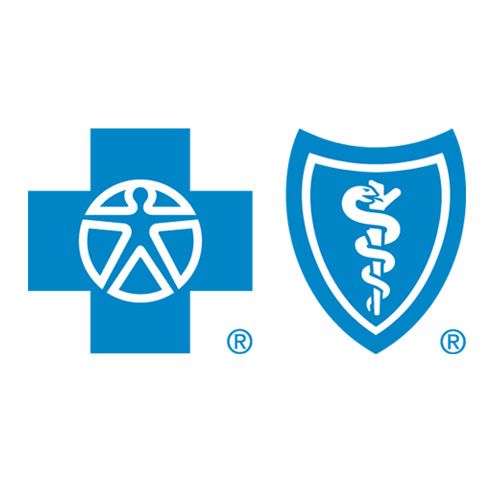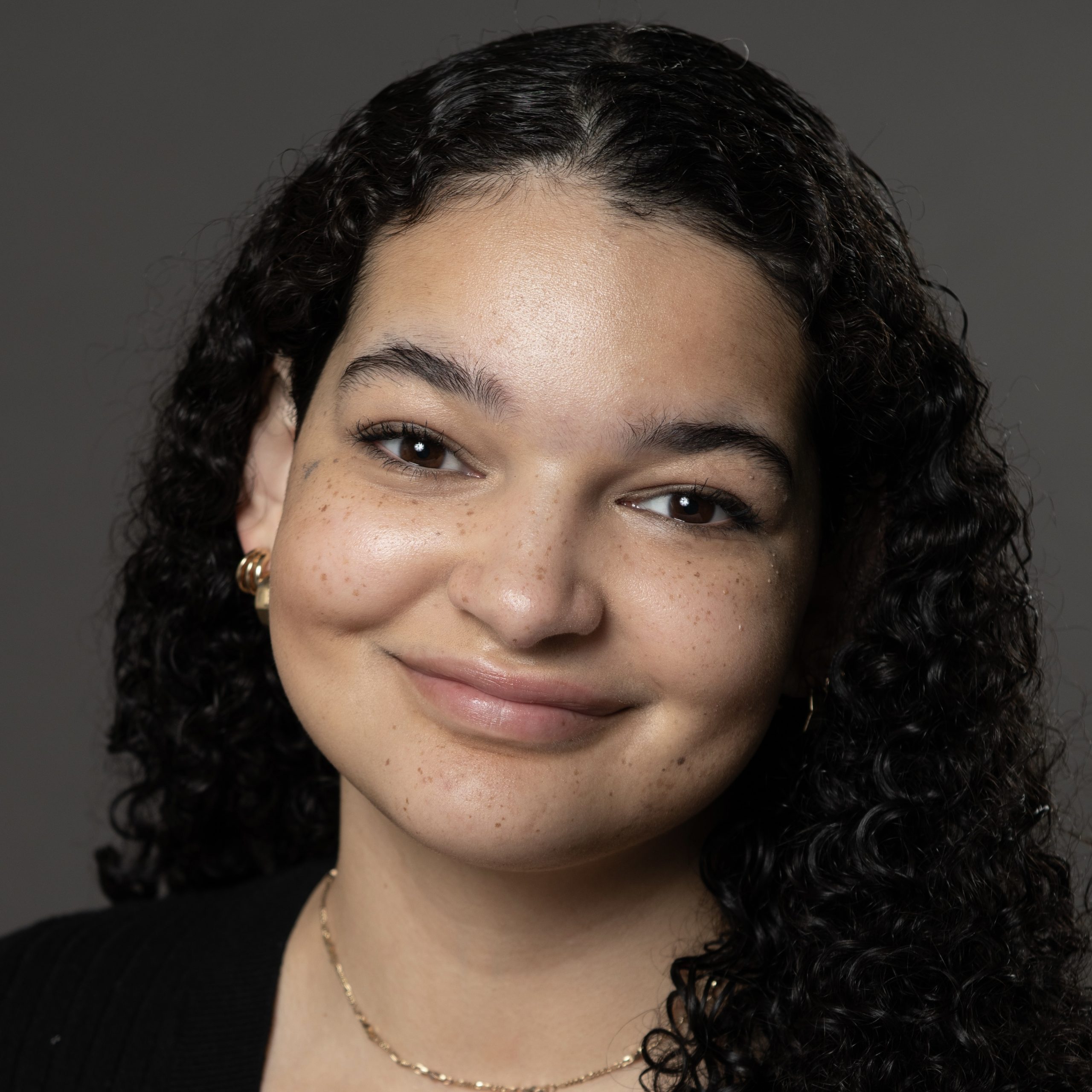For elders in long-term care, music therapy is music to their ears
February 4, 2021Music has the power to evoke emotion and nostalgic memories. And for older adults in long-term care settings, particularly those with dementia or Alzheimer’s Disease, music can be a lifeline and an important diagnostic tool.
Music therapy is the clinical and evidence-based use of music and sound by a trained, board-certified music therapist to achieve clinical and therapeutic objectives and enhance quality of life and wellness. Music therapists direct their interventions to target positive changes in the psychological, physical, cognitive, emotional, social and spiritual needs of an individual or group.
Starting in 2021, music therapy is a supplemental benefit for nursing home residents with a Blue Cross and Blue Shield of Minnesota SecureBlueSM (Minnesota Senior Health Options) plan that combines Medicare and Medical Assistance (Medicaid).
Improved health outcomes for using music therapy treatment
“Clinical and therapeutic outcomes depend on the individual and the targeted goals we focus on during music therapy treatment,” says Hilary Fredenburg, director of services and board-certified music therapist at Alliance Music Therapy.
Outcomes can include:
- Improvement or maintenance of physical, cognitive, social and emotional functioning
- Increased quality of life and wellness
- Mitigation of stress and anxiety
- Symptom management
- Enhanced mood or mental state
“Specifically, during the pandemic, we have noticed that music therapy can alleviate symptoms of isolation and depression and improve opportunities for social engagement and further contact,” Hilary says.
“It’s a great big smile while the music therapist is sitting with them, playing songs from their past. And that brings a level of comfort that we can't provide. Having that for our patients is priceless.” – participating senior care facility
Excellent outcomes can still be achieved when music therapy sessions are conducted virtually, as so many have been during the COVID-19 pandemic.
“Our clients’ cognition can continue to be enhanced through reminiscence and recalling fond memories through familiar and live music,” says Hilary. “For instance, we have reconnected clients with loved ones through positive interactions and bonding on a multi-person video call when distance may have restricted physical contact.
Meeting patient needs
Music therapy is delivered based on an individual’s level of need and a care coordinator’s referral. It can vary between once per week up to once per month. Music therapists can work with patients for short periods of time up to many years, depending on the progression toward their goals.
Up to 12 music therapy sessions per year are covered for SecureBlue members in long-term care settings, Amy Wald, senior product specialist with Blue Cross and Blue Shield of Minnesota and Blue Plus, explains.
“Music therapy is an integral and key therapeutic service due to the immediate neurological effects of music on the brain, the welcoming and naturally engaging nature of music-based interventions and the individualized care to ensure positive outcomes for clients,” says Hilary says.
Positive results for high-risk patients
In her work as a music therapist, Hilary sees the positive effects of music every day, particularly with vulnerable and high-risk patients.
Patients with Alzheimer’s disease sing every word to their favorite childhood songs and recall personal memories. Individuals with high levels of pain and nausea elongate their breathing patterns to the cue of music therapy intervention and transition into a calm, relaxed state. People with complex mental health needs can modify their moods and affects after singing or playing their favorite songs as a way to process personal experiences and manage stress.
“Music therapy is for anyone who is interested in or likes music and is motivated or inspired by it,” she says. “We welcome individuals to come as they are, there is absolutely no requirement of music skill or prior musical experience to take part in music therapy services.”




Great information! I would be interested in more. Our granddaughter, a graduate in music education, is currently studying music therapy. I saw firsthand how the people responded to her at our local care facility.
I would like more information.
So is this an employment opportunity for an accomplished musician? How do I find out?
Hi Steve, thanks for reading the article! Check out the frequently asked questions on Alliance Music Therapy’s web site. There is detailed information about the training involved in music therapy. https://www.alliancemusictherapy.com/faqs
Very interested in being of service.
Glad to hear that! Check out the frequently asked questions on Alliance Music Therapy’s web site. There is detailed information about the training involved in music therapy. https://www.alliancemusictherapy.com/faqs
BC/BS is only learning of this now? I have read and researched this for 3 decades. Have had a child in music therapy for many years starting 18 yrs ago. Was a wonderful experience.
Sounds good what's an all about